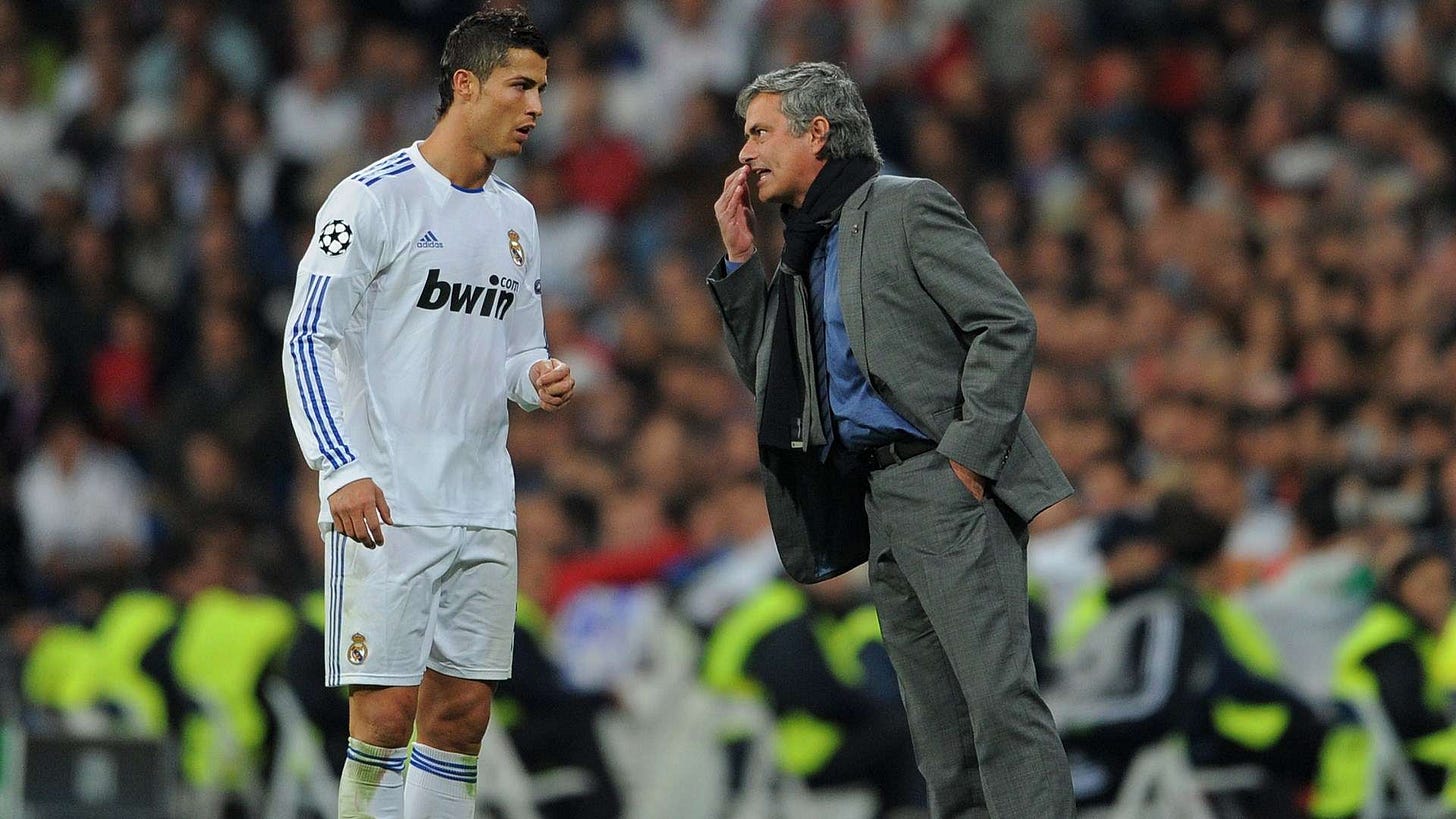Managing strong personalities
My Cristiano Ronaldo of Data Science
Years ago, I was managing a very talented data scientist with a strong sense of confidence. He had attended one of the most prestigious universities in his country, an institution known for its exceptionally low acceptance rate, and he was proud of that achievement (rightly so).
His level of self-confidence was very high, although it was sometimes coupled with a touch of low self-awareness. Coming from a smaller company where he had direct access to the CEO, he initially operated under the assumption that it was appropriate to escalate concerns directly to the top, if something was wrong or important. This approach reflected a mindset of bypassing the management chain, perhaps seeing it more as a hurdle than a support structure. Adjusting to a more layered organizational structure proved to be a challenge for him.
In the beginning, he tested my technical expertise multiple times as a way to assess whether I could speak with him peer-to-peer on certain topics. I had to demonstrate my technical expertise to be considered worthy of managing him. Luckily, having been a postdoc in a similar field helped me score some points.
He was quite defensive about feedback, and he referred to it as “criticism”. Initially he didn’t conceive that feedback wasn’t about criticizing or grading someone like a teacher would, but rather about offering advice and guidance to improve performance. Feedback also isn’t unidirectional, and I encouraged him to speak candidly if he had any feedback for me as well.
I was struggling to find a way to turn the ship around, until one idea struck me1: what would Mourinho do in this situation? Mourinho is one of the few successful football managers who didn’t have a meaningful career as a professional player.2
That must have been a major challenge for him in establishing authority over the world-class players he managed, including some of the biggest egos in the sport. So how did he do it?
If you are not able to coach the big players, you are not able to coach anyone. It is very important for a coach to understand that you are not going to teach them how to play football. You're not going to teach Ronaldo how to take a free kick. You’re not going to teach Ibra how to hold the ball on his chest. You’re not going to teach Drogba how to attack the first post and score in the air. You are going to teach them how to play football in that team.
I decided to use this analogy with my personal Cristiano Ronaldo, I gave him that exact speech, explaining that being talented, skilled, and a high performer is perfectly compatible with receiving advice on how to maximize those abilities. He was in a mindset where any feedback felt like pointing out that he was doing something wrong, something unconceivable for him.
After that speech, I saw something click in his mind. He finally realized that it’s possible to be extremely talented and still have a manager whose role is to maximize that talent, mix it optimally with the rest of the team, and deploy it on the most impactful initiatives. That was the turning point, and our relationship improved a lot afterward. I guess being compared to Cristiano Ronaldo landed well in this case.
Do you like this post? Of course you do. Share it on Twitter/X, LinkedIn and HackerNews
That’s not exactly what happened, I just remember the Mourinho episode from the Netflix documentary The Playbook.
This is not a perfect analogy, because I have been a data scientist and have been in the trenches, which always helps gain the respect of data scientists and engineers.



Can you go deeper into how you applied the Mourinho principles? I am still not seeing what you did.